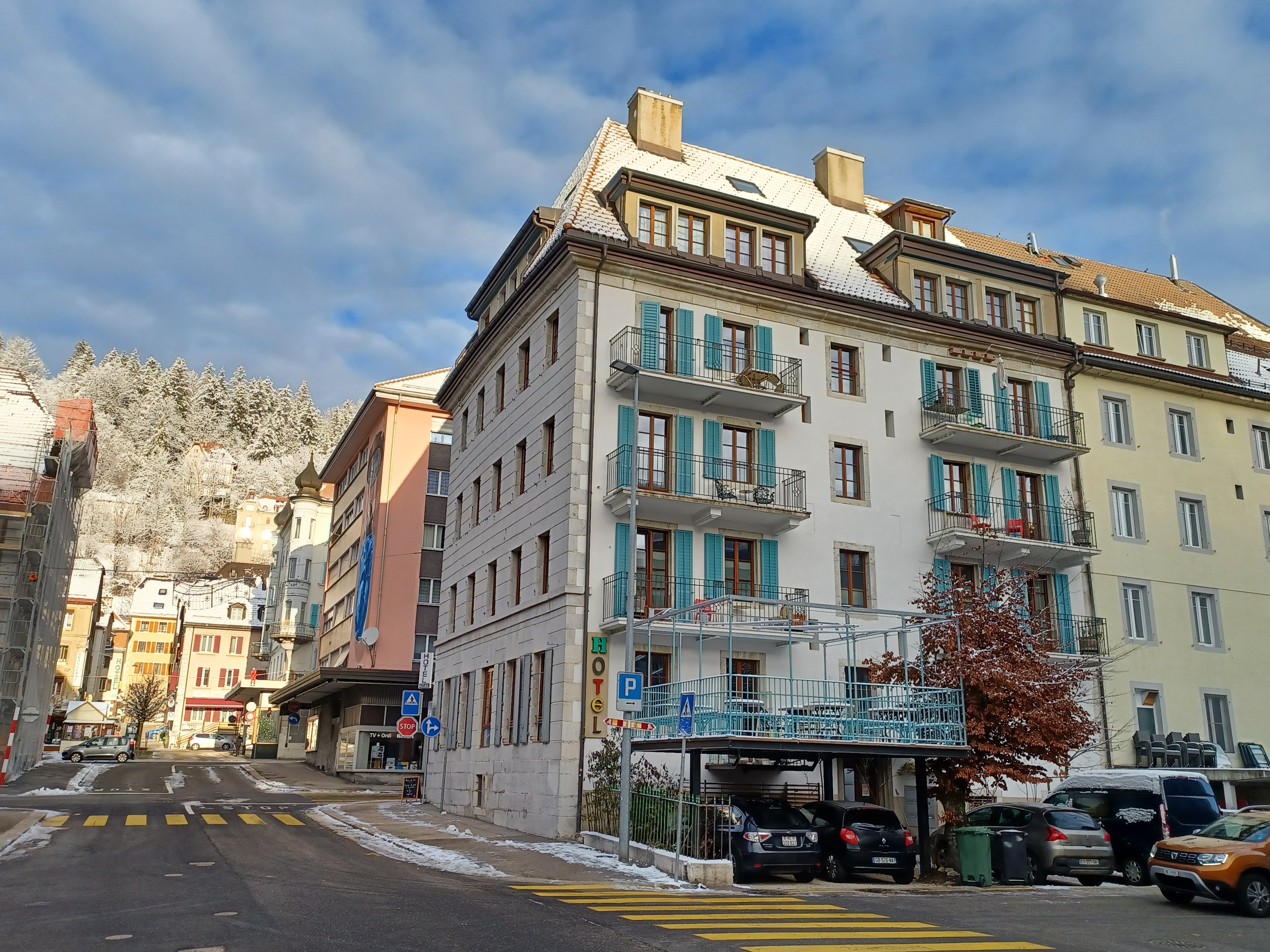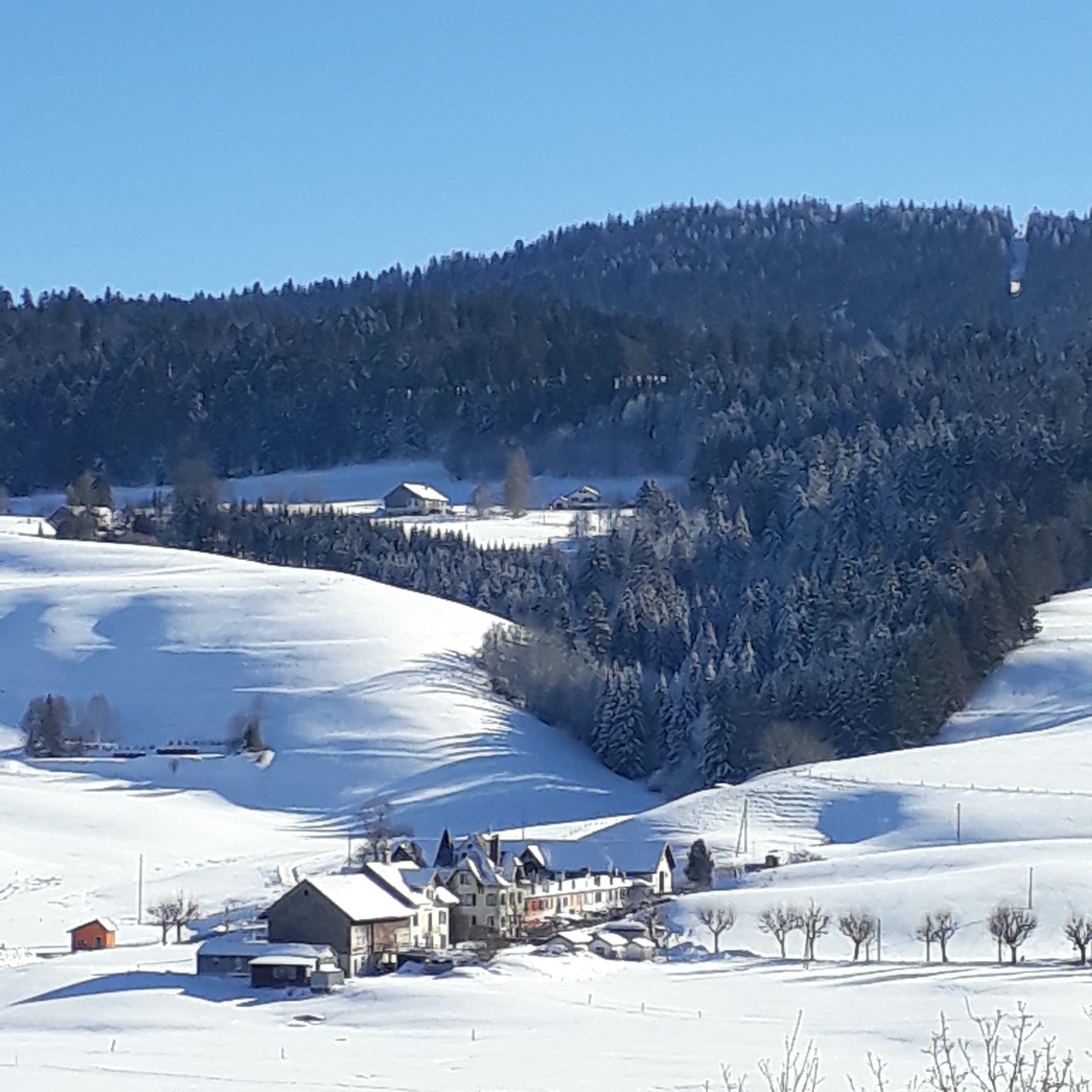
Neighbours & Friends
The Guesthouse is surrounded by small stores: the Charmillot bakery, the Epicerie de Marie, the organic store Âme verte, the BiDrogerie, the delicatessen LaPerrote, the butcher's store Nicolet, the Laiterie Loubry (with 43 different types of fondue), an old-fashioned haberdashery and a hardware store.
The town is proud of its rich gastronomic offer too (except on Sunday evenings).

